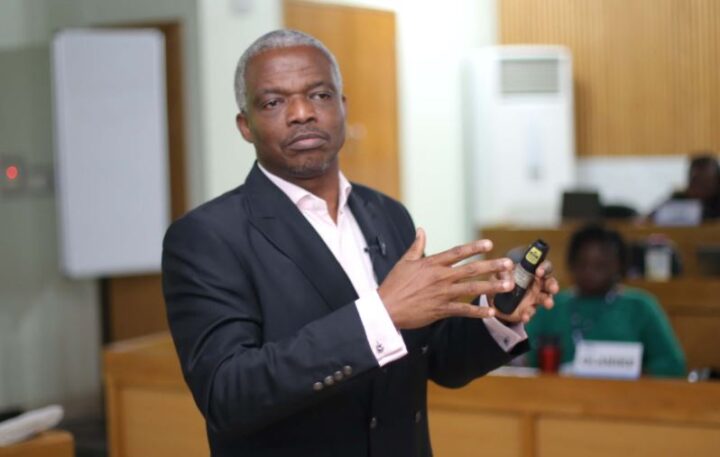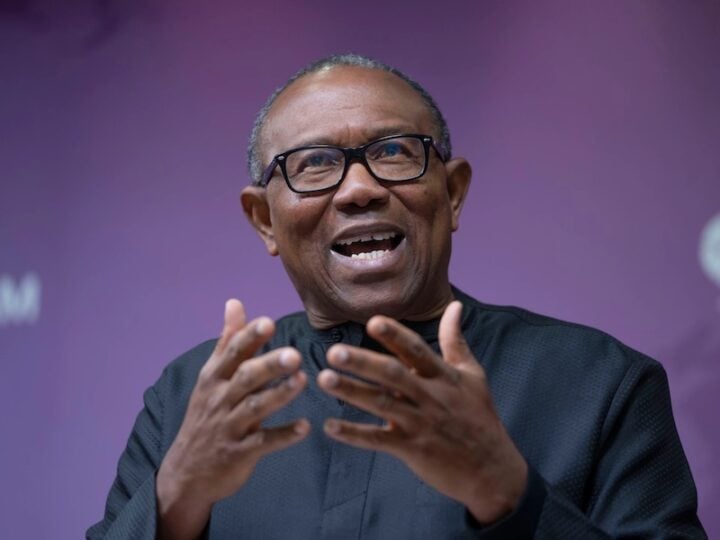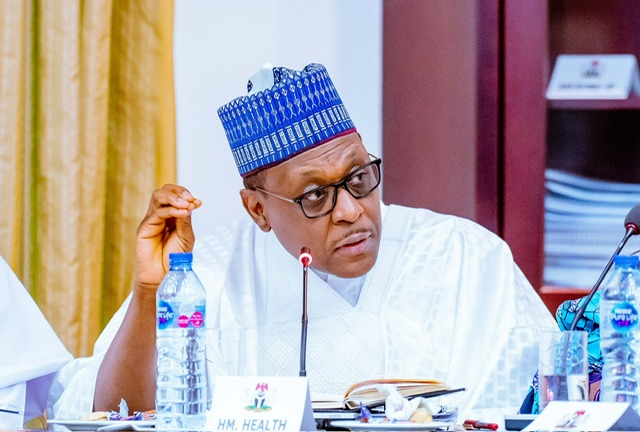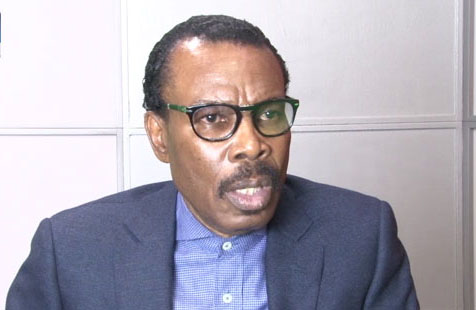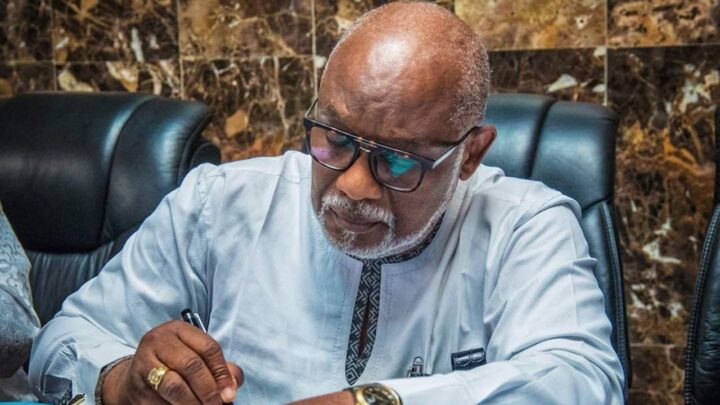Doyin Salami, chief executive officer (CEO) of KAINOS Edge Consulting Limited, says Nigeria’s future economic prosperity lies in its investment in agro-industry.
Salami, a former chief economic adviser to ex-President Muhammadu Buhari, spoke at the recent unveiling of a 10-year economic roadmap for Nigeria, in Lagos.
The report was presented by Amit Jain, the author, and director of Nanyang Technological University, Singapore (NTU-SBF), Centre for African Studies on November 27, 2023.
Titled, ‘Back to Growth: Priority Agenda for the Economic Revival of Nigeria’, the report highlighted ways the country can achieve a 7 percent annual gross domestic product (GDP) growth rate — laying out specific time-bound targets.
Advertisement
Speaking during a panel discussion, Salami said education is essential for pursuing growth that exceeds population growth, stating that Nigeria’s future prosperity lies in its investment in the agro-industry.
The renowned economist urged the government to “restructure its import policies to promote domestic production” stressing the need for deliberate investments in education and skills development to unleash the full potential of the digital economy.
Speaking also, Funke Opeke, the CEO of MainOne, said a lot still needs to be done by the government to create the enabling infrastructure, access to new technologies, and the right incentives, to guarantee growth in the digital economy.
Advertisement
According to Opeke, the digital economy would only unleash its full potential provided the government takes deliberate steps to invest in the right skills.
HOW NIGERIA CAN ACHIEVE 7% ANNUAL GDP GROWTH RATE
According to a statement from NTU-SBF, Jain, in his keynote address, laid out a set of progressive reforms that could put Nigeria back on the path to sustained growth, if carried out sequentially.
Jain also said four critical factors — the price of oil in the international market, fiscal stability, infrastructure, and investor confidence — will likely determine Nigeria’s economic performance over the next ten years.
Advertisement
“Although there is little that Nigeria can do to affect the global oil price, it can take steps to attain fiscal stability, improve infrastructure, and restore investor confidence,” he said.
“Firstly, if international trade and the financial markets remain favourable to Nigeria, it would be able to borrow at concessional rates.
“Secondly, Nigeria’s demographic dividend will not be felt unless the working-age population has the right skills to exploit opportunities in a changing world.
“Third, and perhaps most important, is governance. Good governance is critical to ensuring durable economic growth. It would help improve the business climate and repair the social contract between citizens and the state that has been damaged over the years.”
Advertisement
Jain said the priority for Nigeria over the next two years should be the achievement of stability.
“Ending fuel subsidy, tightening monetary policy, migrating to a flexible unified exchange rate regime, and curbing oil theft should stop a bad financial situation from worsening,” he said.
Advertisement
“Once stabilisation is achieved, policy priority should shift towards structural transformation. That would require dismantling the many barriers that hobble private enterprise. Priority should be given to ending the power shortage.
“Once growth is revived, priorities must shift towards ensuring that growth is sustained.”
Advertisement
Jain believes that if some of the recommendations made in the report are carried out, Nigeria could achieve an annual GDP growth rate of 7 percent and emerge as one of the top 20 economies in the world.
Advertisement
